As the world becomes increasingly aware of environmental issues, the knife manufacturing industry is stepping up to the plate by adopting sustainable practices. A balance between craftsmanship and eco-friendliness is not just a trend; it’s a way to ensure that the beautiful knives we cherish — from hunting knives to chef knives & sets — are made with a commitment to the planet's well-being. This article delves into the various sustainable practices in knife manufacturing and how they can impact both the industry and consumers looking for personalized gifts or durable folding knives.
The Importance of Sustainability in Knife Manufacturing
When we think of knives, we often envision high-quality steel blades and expertly crafted handles. However, the sourcing of materials and the manufacturing processes are crucial components that define the sustainability of any product. Traditional knife production can contribute to environmental degradation, but with the right approach, knife makers can reduce their ecological footprint.
Here are several key reasons why sustainable practices in knife manufacturing matter:
- Resource Conservation: Sustainable practices help conserve valuable resources, particularly when it comes to steel and wood.
- Reduced Waste: Effective waste management leads to less pollution and minimizes the overall waste produced during the knife-making process.
- Social Responsibility: Ethical sourcing of materials leads to better working conditions and fair trade practices.
- Consumer Preferences: As more people opt for sustainable products, manufacturers that adopt green practices can better align with market demands.
Material Sourcing: A Key Component to Sustainability
The materials used in knife manufacturing play a crucial role in determining the sustainability of the overall product. Here’s a closer look at some key materials used for different types of knives:
Steel
High-quality steel is essential for durability in hunting knives and pocket knives. Sustainable knife manufacturers often strive to source steel from suppliers that prioritize recycling and responsible mining practices. Recycled steel not only reduces waste but also lessens the environmental impact associated with extracting new materials.
Wood
For knife handles, wood is a popular choice among artisans. Sustainable practices involve sourcing wood from well-managed forests or utilizing reclaimed wood. By choosing sustainable wood options, knife makers contribute to the health of forests and biodiversity.
Eco-Friendly Manufacturing Processes
Once the materials are sourced responsibly, the next stage is the manufacturing process. The following practices enhance sustainability in knife production:
Water Conservation
Water is a critical component in many manufacturing processes. Innovative knife makers ensure that water use is minimized and that any wastewater generated is treated properly to avoid pollution.
Energy Efficiency
Energy efficiency can significantly reduce the carbon footprint of manufacturing operations. By utilizing renewable energy sources and optimizing production schedules, knife manufacturers can conserve energy while still delivering high-quality products.
Waste Management
Reducing, reusing, and recycling should be central to knife manufacturing. Clever design choices can ensure that waste from produced knives, including trimmings and unused materials, can be repurposed for other products or processes, reducing overall waste.
Designing for Durability
Sustainable knife manufacturing emphasizes the importance of designing products for longevity. A well-crafted knife, whether it’s a folding knife, hunting knife, or chef knife & set, should be built to last. Here are some design practices to consider:
- Timeless Designs: Designs that are classic and functional will endure the test of time, preventing the need for constant replacements.
- Modular Components: Allowing parts of the knife to be replaced or repaired can extend its life, reducing waste.
- Ergonomic Features: A well-designed ergonomic knife is not only comfortable to use but can also prevent injuries that could result in knives being discarded.
The Role of Technology in Sustainable Practices
Advancements in technology are helping knife manufacturers to adopt more sustainable practices. Here are some innovative technologies reshaping the industry:
3D Printing
3D printing technology allows for precise modeling and prototyping, which can minimize waste in the production process. By using this technology, manufacturers can create bespoke designs tailored to their customers' needs, from personalized gifts to custom-made folding knives.
Artificial Intelligence
AI is employed to optimize manufacturing processes, reducing errors and improving efficiency. This minimizes waste while ensuring that each knife is of the highest quality, whether it’s a pocket knife or a functional chef knife & set.
Responsible Marketing: Educating Consumers
As sustainable knife manufacturing practices grow, it’s essential for companies to effectively communicate their efforts to consumers. Responsible marketing strategies that educate customers on sustainability can foster loyalty and trust. Here are ways to engage consumers:
- Storytelling: Share the story of sustainability behind each knife creation process. Let customers know how their choice of chef knives & sets or hunting knives benefits the environment.
- Transparency: Brands should provide information about where their materials are sourced and manufacturing methods used.
- Engagement: Encourage customer feedback on sustainability practices, which can drive improvement and innovation.
Making the Shift: What Consumers Can Do
While knife manufacturers play an essential role in adopting sustainable practices, consumers also have a part to play when choosing products. Here are proactive steps consumers can take:
Research Brands
Look for brands that prioritize sustainability in their manufacturing processes. Understanding where the materials come from and how the knives are made can lead to more informed purchasing decisions.
Invest in Quality
Choosing high-quality knives, whether they are personalized gifts or functional kitchen tools, will reduce waste in the long run. A durable product means fewer replacements and less impact on the environment.
Support Sustainable Practices
Opt for companies with initiatives toward sustainability. Purchasing from these brands helps promote environmentally friendly practices and provides funding for further innovations.
The Path Forward: A Bright Future for Sustainable Knife Manufacturing
The movement towards sustainable practices in knife manufacturing is gaining momentum, and the benefits are becoming clear. From responsible material sourcing to eco-friendly manufacturing processes, manufacturers are embracing their role in the global effort to protect the environment.
For consumers, this means that every purchase can make a difference, whether it’s a beautiful set of chef knives & sets or a reliable folding knife. By choosing products made with sustainability in mind, you're not merely acquiring tools; you're supporting a healthier planet and a responsible industry.
As we collectively work towards a sustainable future, the knife industry has a unique opportunity to lead by example. Are you ready to be part of this exciting journey? Let’s forge a path towards environmental responsibility together, one blade at a time!








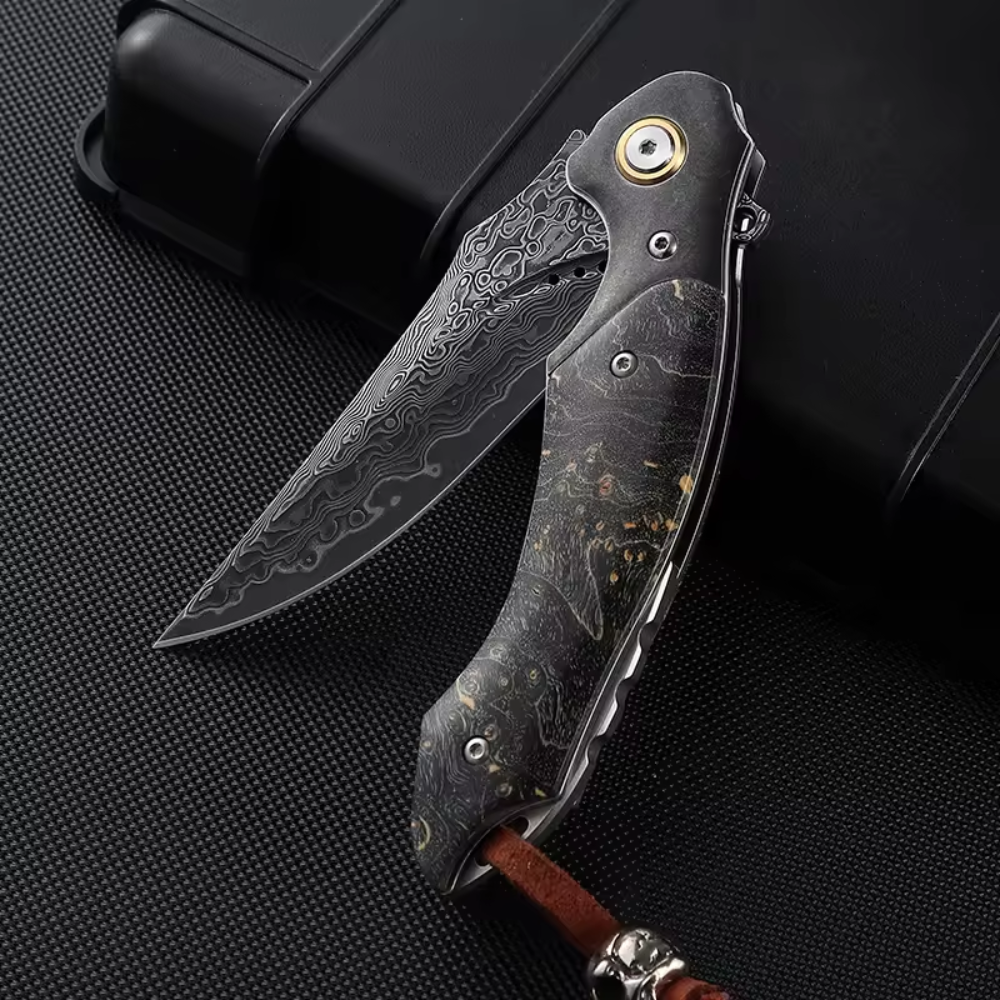
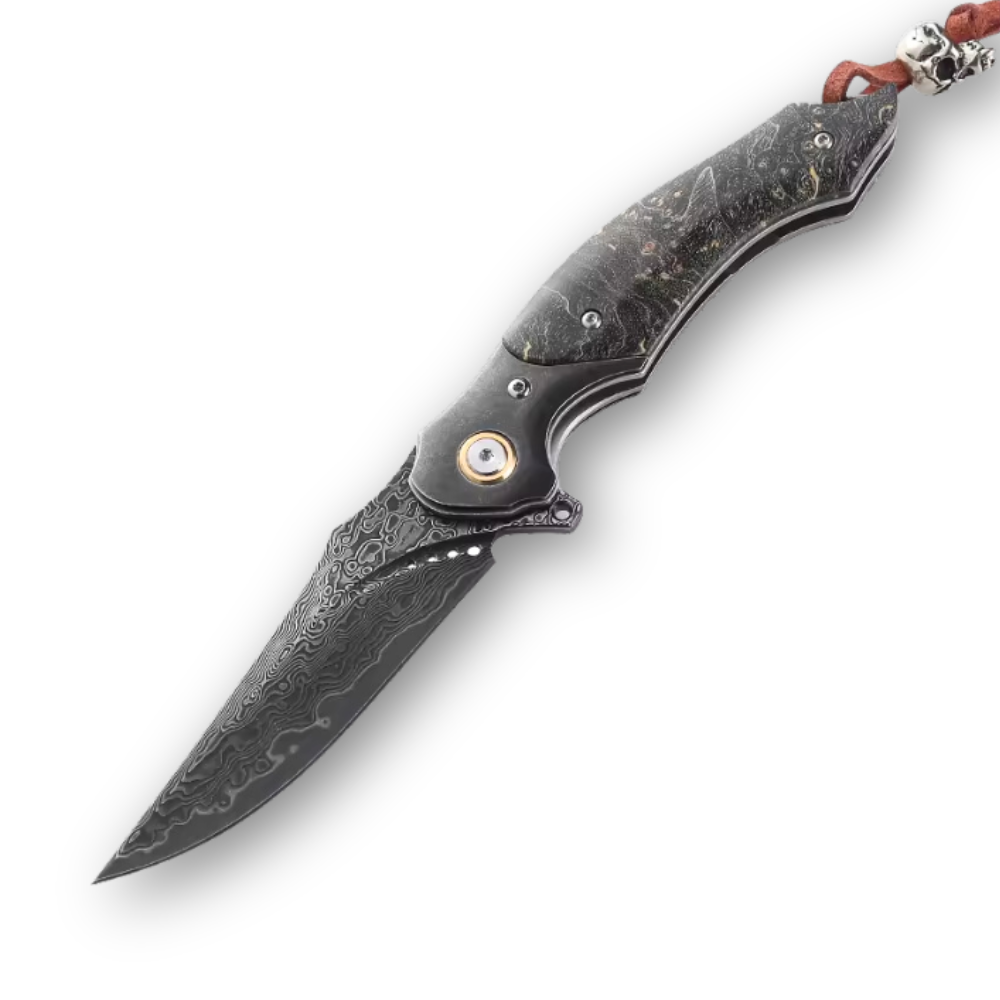
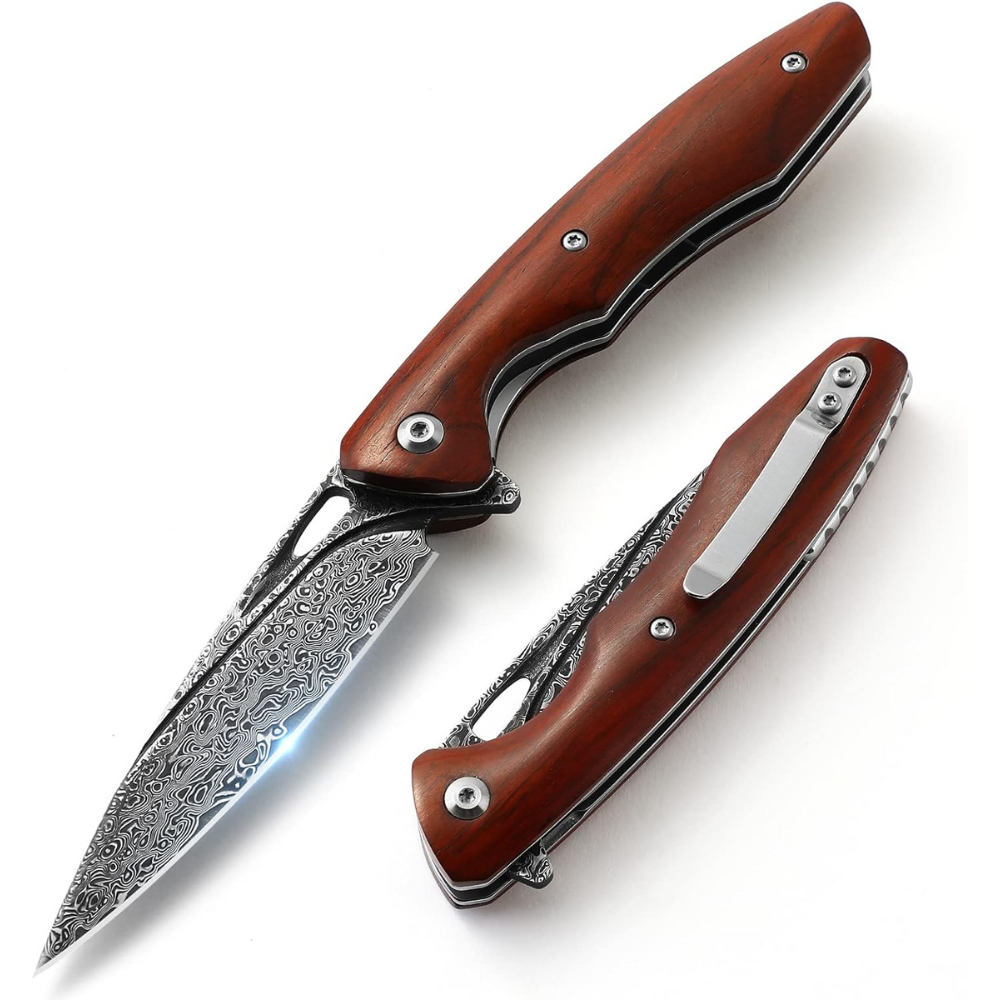
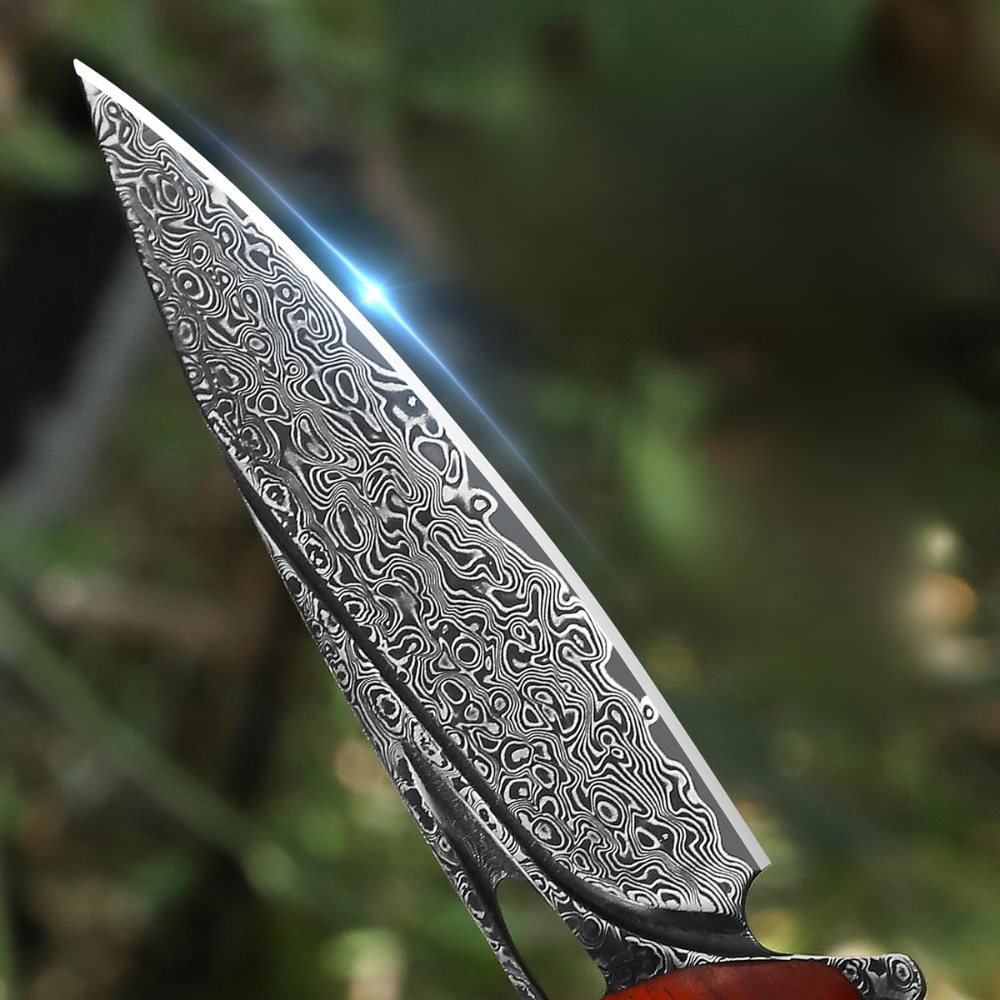








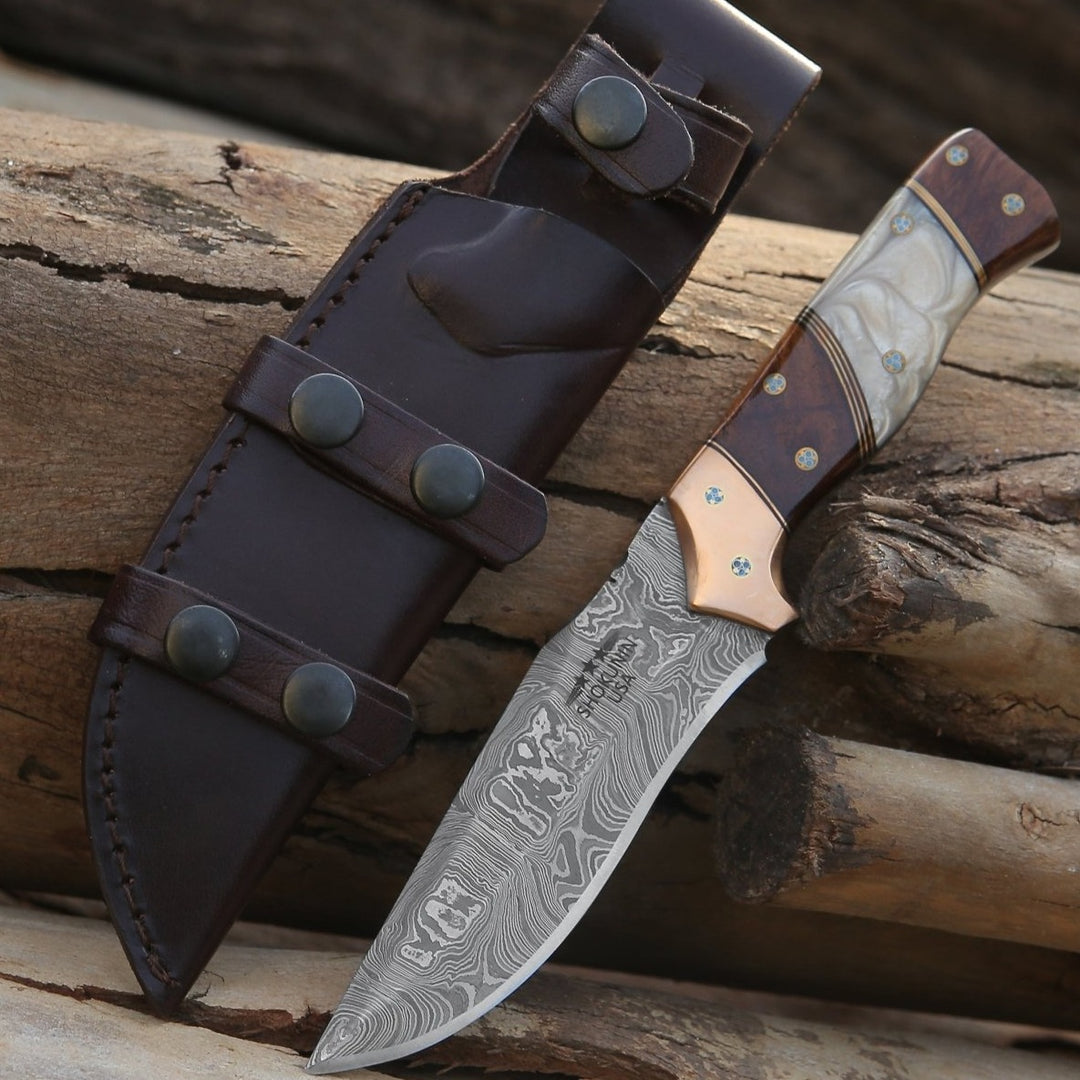
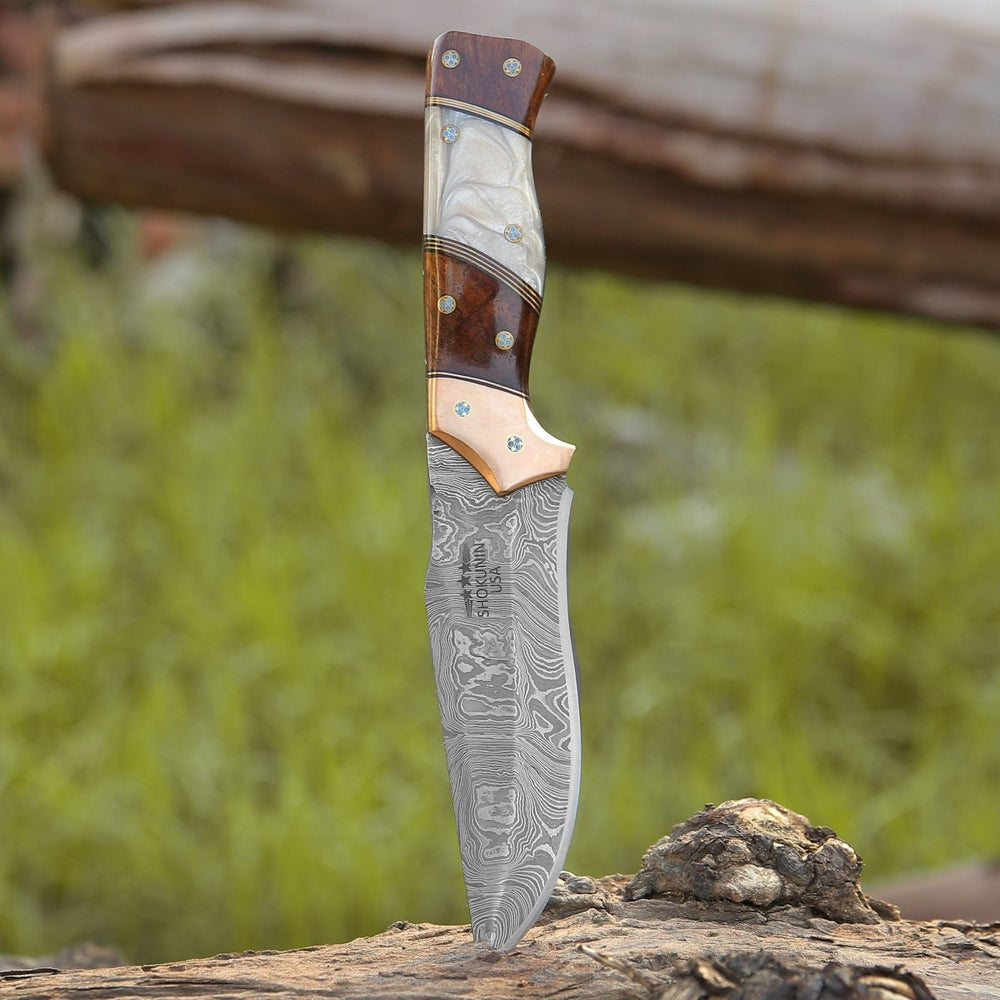


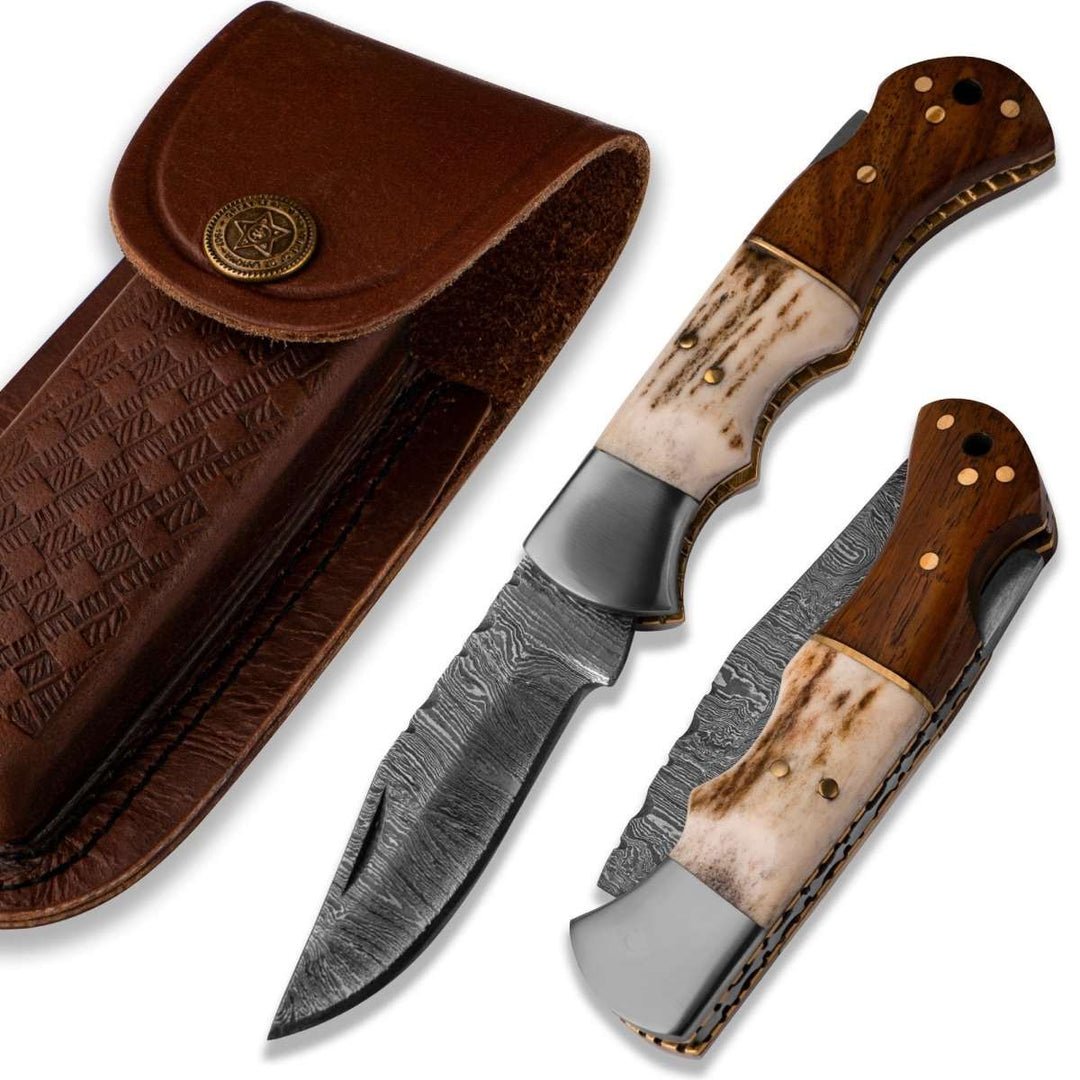
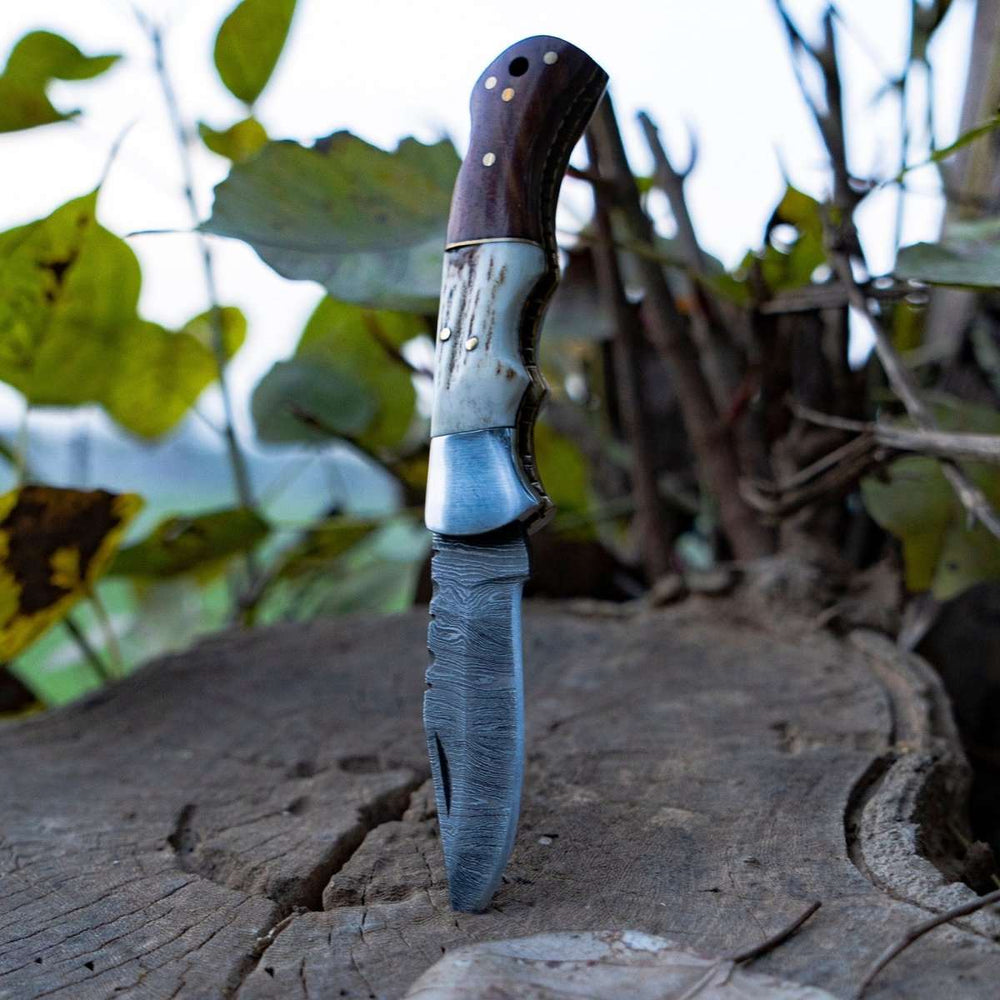




Dejar un comentario